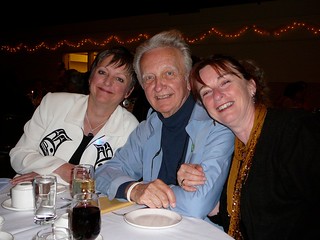
April 30th, 2014 marked the 15th anniversary of the incorporation of the Canadian CED Network. In celebration of this milestone, we asked for comments and reflections from some of the people who played a pivotal role in the founding and initial growth of a national, grassroots, member-led network that would help to share effective practice, learn from setbacks, create a collective voice for public policy development, and connect people across the country who share a common vision for inclusive and sustainable communities.
We’ve collected stories and reflections from…
| Michael Toye Garry Loewen David Pell Walter Hossli | Dianne Kelderman Stewart Perry Carol Rock Sherri Torjman | Flo Frank Paul Born Rupert Downing Mike Lewis |

Starting off the reflections is current Executive Director, Michael Toye‘s blog post “Fifteen Candles for CCEDNet“
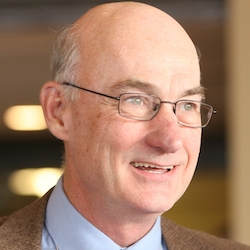
CCEDNet’s first Executive Director, Garry Loewen, in his reflection, 15 Years of CCEDNet: Reflections from Former Executive Director, Garry Loewen, sheds light on how the Network came into being, what were the original ideas and objectives, and how it transformed from there.
In his last post, Garry reminds us that our task “is not just to create economic opportunity for low income people. It is to create a more equal society.”
One of the early Board Chairs, David Pell, sent this via email:
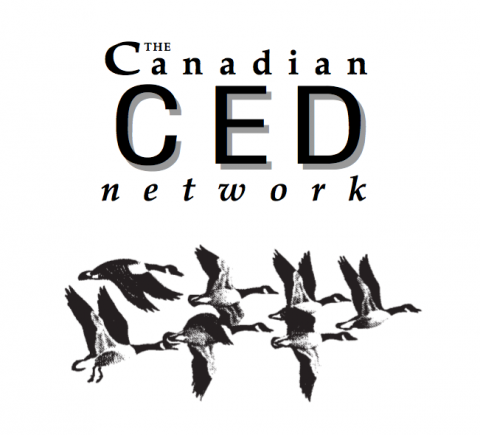
“As one of the founding members I had the privilege of working with a group of very knowledgeable and committed colleagues. Giving birth to this unique organization was not an easy task. Discussions were lengthy and ranged from hilarious to very tense. However our shared commitment to the vision of a national voice for community economic development practice and our willingness to commit both time and money was sufficient to overcome our differences. A treasured memory.”
David Pell co-authored one of the first Canadian CED books, “Community Profit”, and was CEO of the Community Business Resource Centre, the Canadian Youth Business Foundation and Street Kids International before starting a private consulting practice. Find him on LinkedIn.
Founding member Walter Hossli, writing from Europe, shares some insight from the economy in Germany, musing “what if our economy was guided by the key CED principles?“

Dianne Kelderman, one of the founding members of CCEDNet sent us the following reflection of her experience helping to build the basis for a national network of CED practitioners.
“I remember fondly a group of radicals (Mike, Stewart, Flo, Me, Walter, Rankin, Garry and a few others) meeting at the Crowne Plaza in Ottawa some 15 years ago. It was there that the Digby Network (now CCEDNet) was hatched. Why the name Digby Network? Well, in every conversation, deliberation or debate, our friend Rankin would make it real by asking “what does that mean for a place like Digby”.
There was so much hope, passion and commitment in that room. We dreamt of having a Pan-Canadian organization. We dreamt of being able to influence economic development policy. We dreamt of creating a vibrant, sustainable, just and fair economy. We dreamt of a civil society where ordinary people were engaged and felt empowered.
Here we are 15 years later, with an equal amount of passion for the work that we all do in community economic development from coast to coast. In my home province of Nova Scotia, we have sure moved the yardstick significantly down the CED field. And as the Carpenters said “we’ve only just begun.” 15 years from now Social Entrepreneurship will be for Canada what Technology Entrepreneurship is today.”
Dianne Kelderman is the president and CEO of the Nova Scotia Co-operative Council and President of Atlantic Economics, a firm specializing in economic analysis and development, related public policy and alternative finance. Recently she has been invited to participate on Canada’s G8 National Advisory Board, to create Canada’s Report for the G8 Social Impact Investment Task Force meeting being held in June 2014.

CED trailblazer Stewart Perry shared a story from one of CCEDNet’s first national events, the 2001 National Policy Forum in Vancouver, where Rankin MacSween delivered a memorable keynote address.
Stewart also shared some of the history, stretching back to the early 1980s, of the initiative to create a national organization devoted to community development/community economic development in Canada.
In his final post Stewart reflects on the initial gender imbalance in the founding of CCEDNet, and how it was called out by Carol Rock (see her take below).
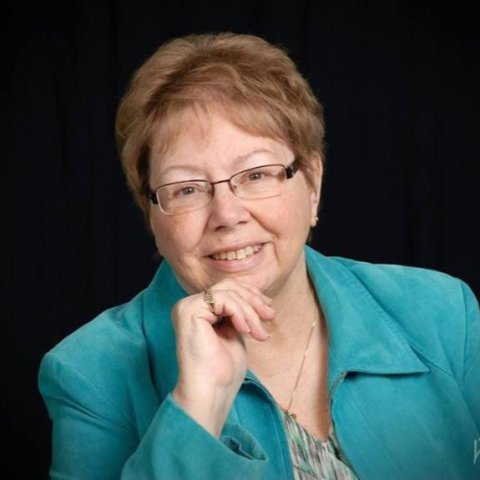
Carol Rock, another founding member of CCEDNet, sent us the following reflection to expand upon Stewart Perry’s post about the level of testosterone at the early meetings of the “Digby Network,” which later evolved into the Canadian CED Network.
“I have warm memories of CCEDNet and its beginnings. I should thank all of those involved in the early days, especially Stewart Perry. I learned a lot from everyone and have great respect for the work CCEDNet did and continues to do. Our organization, Women and Rural Economic Development (WRED) went on to assist 500 women start small businesses. I retired from WRED in 2001.
Stewart has a pretty good recollection of the meeting where my patience ran out. To defend myself I need to let you know 2 things. I did not coin the phrase ‘Digby Dicks’, I think that honour belongs to one or both of the women from Industry Canada who heard my story. Secondly, while I was listening to the guys at the ‘checking in’ portion of the notorious meeting, I was thinking of the women we were working with in our tiny new organization, who told us stories of being refused even the smallest of loans by the banks or being told to come back with a business plan by agencies that provide the kinds of support they needed to get their small business off the ground. So as I listened to the guys that evening I think I really understood how intimidated our participants felt and I decided to get the attention of the guys around the table.”
Carol Rock was Executive Director of Women and Rural Economic Development and a founding partner of the Digby Network, CCEDNet’s predecessor. She was also a founding member of the Women’s Economic Council.
Here are some pictures courtesy of Flo Frank and gathered from the CCEDNet archives over the years.
In her reflection, Flo Frank brings us back to the original meeting of ‘radicals’ that could have easily just been non-committal talk but led instead to real commitments to action.
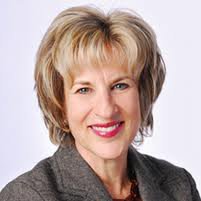
Sherri Torjman‘s eloquent blog post explains how the logo of the geese came to be, and what really united such a diverse group of founding members.
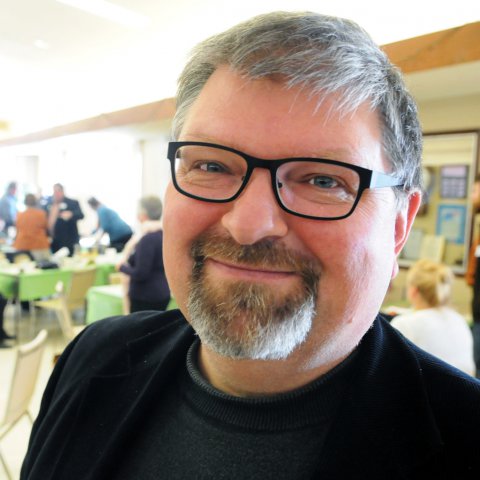
Paul Born explains in his joyful blog post how it takes a village to build a network, taking it from wish to reality.
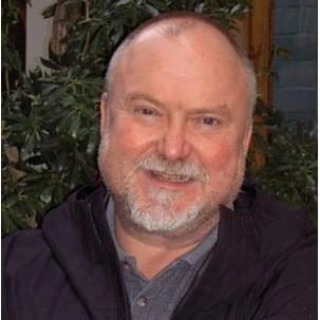
Rupert Downing talks in his blog post about how proud he is to be part of an organization that taps into true community spirit and culture.

Mike Lewis provides an extensive overview of the history leading up to the creation of the Canadian CED Network and the early days of the organization in a 4-part blog post.
If you’d like to share any memories or thoughts about CCEDNet’s development over the last 15 years, send us an email at communications at ccednet-rcdec.ca





